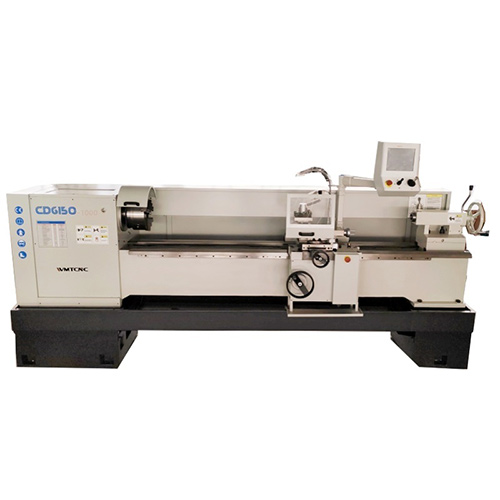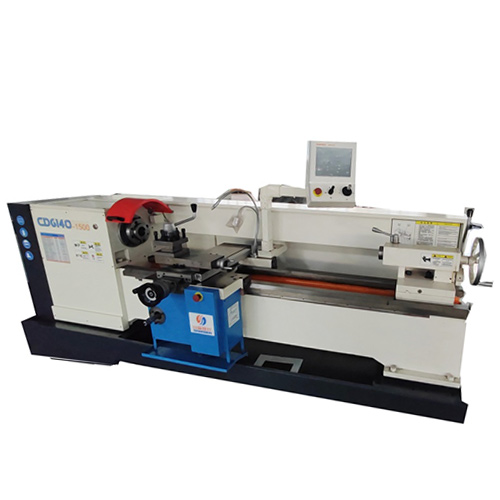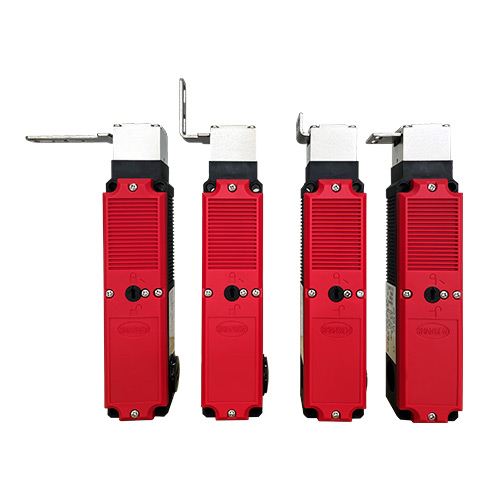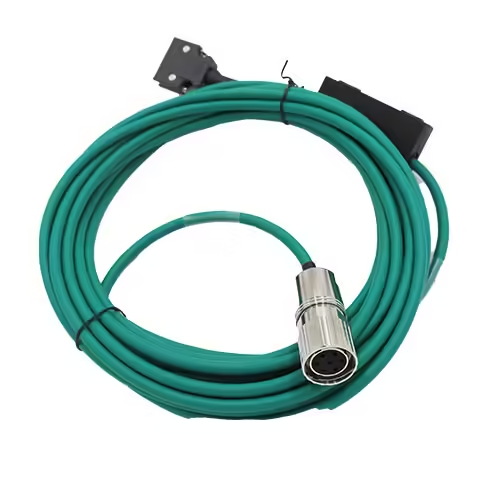-
WhatsAPP: +86 18706448138
-
Tengzhou, Shandong, China

How to Choose the Best Precision CNC Lathe for Your Workshop
Discover how to choose the best precision CNC lathe for your workshop. Tips on features, materials, and budget included.
Welcome to My Blog!
Before we dive into the content, if you’re interested in our products or have any questions, please feel free to visit our Contact Us page on the website. Our team is ready to assist you with inquiries, orders, or any support you may need.
Now, let’s get started on our journey together. I hope you find the content here insightful, engaging, and valuable.
Table of Contents
Introduction

A precision CNC lathe is one of the most versatile and essential machines in modern manufacturing. It allows for the creation of highly accurate components, ensuring consistency across production runs. Unlike manual lathes, which rely heavily on operator skill, precision CNC lathes operate through computer numerical control (CNC), enabling exact control over spindle speed, feed rates, and tool movement.
The benefits of using a precision CNC lathe are numerous. They include higher productivity, reduced human error, and the ability to machine complex geometries that would be extremely challenging manually. Industries ranging from aerospace to medical device manufacturing rely on these machines to produce parts with tolerances as tight as a few microns.
Understanding how a CNC lathe works is essential for anyone considering investing in one. The machine reads programmed instructions from a CAD/CAM system and executes precise cuts automatically. This process not only improves accuracy but also allows for faster production cycles and easier scalability for larger orders.
Key Features to Consider When Choosing a Precision CNC Lathe
When selecting the best precision CNC lathe for your workshop, it is important to evaluate several key features that will impact performance, versatility, and cost.
Axis Configuration
The number of axes determines the machine’s capability. A 2-axis lathe is suitable for basic turning operations, while a 3-axis lathe allows for facing, threading, and other more complex cuts. For workshops that require multi-directional machining, a 5-axis lathe can handle intricate geometries without needing to reposition the workpiece. Choosing the right axis configuration depends on the complexity of your projects and production requirements.
Spindle Speed and Torque
Different materials require different spindle speeds and torque. High-speed spindles are ideal for machining softer metals such as aluminum and brass, while tougher materials like steel or titanium need machines with higher torque to maintain accuracy and avoid tool wear. Selecting a lathe with adjustable spindle speeds ensures versatility for multiple material types.
Tooling Options
Some precision CNC lathes come with live tooling, which allows for milling, drilling, and tapping operations directly on the lathe. This reduces the need to transfer workpieces between machines, saving time and maintaining precision. Standard lathes may be sufficient for simple turning and facing operations but lack the flexibility required for complex multi-step manufacturing.
Automation and CNC Software
Modern precision CNC lathes are equipped with advanced software features that simplify programming, enhance productivity, and improve accuracy. Automated tool changers, predictive maintenance alerts, and CAD/CAM integration allow for streamlined workflows, even for small workshops. Investing in machines with intuitive software reduces the learning curve and enables faster ramp-up time for new operators.
Material Compatibility

Selecting a lathe that can handle the materials used in your workshop is critical for ensuring optimal performance and long-term reliability. Precision CNC lathes are capable of machining a wide range of materials, including:
- Metals: Aluminum, steel, titanium, brass, and copper.
- Plastics and composites: Polycarbonate, acrylic, and carbon-fiber composites.
- Specialty materials: High-performance alloys used in aerospace, automotive, and medical device industries.
It is important to ensure the machine’s spindle, tooling, and feed rates are compatible with the materials you plan to process. Using a lathe outside its intended material range can result in premature wear, reduced accuracy, and higher maintenance costs.
Precision and Tolerance Requirements
Precision and repeatability are among the most critical factors when selecting a CNC lathe. Tolerance refers to how closely a machined part conforms to the intended dimensions, and high-precision lathes can achieve tolerances as low as a few microns.
Repeatability ensures that each part produced matches the previous one, which is especially important for industries with strict quality standards, such as aerospace or medical device manufacturing. Features such as automated calibration, digital readouts, and real-time monitoring enhance a machine’s ability to maintain precise tolerances over long production runs.
Proper maintenance is equally important. Regular calibration, lubrication, and inspection of the spindle and tooling reduce the risk of deviations and extend the life of your CNC lathe.
Budget and Cost Considerations
Budget is often a deciding factor when choosing a precision CNC lathe. However, it’s essential to consider the total cost of ownership, which includes purchase price, maintenance, tooling, and potential downtime.
- New vs. Used: New machines offer the latest technology, warranties, and higher reliability, while used machines can be cost-effective but may require more frequent maintenance.
- Price Ranges: Entry-level lathes suitable for small workshops typically start around $5,000–$10,000, while high-end 5-axis machines for industrial applications can exceed $100,000.
- Financing and Leasing: Many suppliers offer flexible financing and leasing options, making it easier for small businesses to invest in high-quality CNC equipment without a large upfront cost.
Investing in a high-quality machine upfront can save time and reduce long-term maintenance costs, making it a smarter choice for workshops with frequent or complex machining needs.
Top Brands and Models
Reputation and reliability are key considerations when choosing a CNC lathe. Some of the most trusted manufacturers include Haas, DMG Mori, Okuma, and Mazak. These brands are known for their high-quality machines, robust support networks, and extensive service options.
When evaluating models, compare features such as axis configuration, spindle power, tooling options, and software capabilities. Reading user reviews, studying case studies, and consulting with industry experts can provide valuable insight into real-world performance and long-term reliability.
Workshop Space and Setup Requirements
Before purchasing a precision CNC lathe, assess whether your workshop can accommodate the machine safely and efficiently.
- Footprint and Layout: Ensure there is enough space for operation, maintenance, and material handling.
- Power and Air Requirements: Check electrical and pneumatic requirements to avoid compatibility issues.
- Installation and Safety: Professional installation is recommended to ensure proper alignment and calibration. Safety features such as emergency stops, guarding, and proper ventilation should be considered to protect operators and maintain compliance with industry standards.
Maintenance and Support

A precision CNC lathe requires ongoing maintenance to maintain accuracy and ensure longevity. Routine tasks include lubrication, spindle alignment, inspection of tooling, and software updates.
Troubleshooting common issues such as tool wear, vibration, or software errors is easier when suppliers provide reliable technical support. Ensure your machine comes with a comprehensive warranty, access to replacement parts, and responsive customer service. Proper maintenance and support not only improve performance but also protect your investment over time.
Conclusion
Selecting the best precision CNC lathe for your workshop involves a careful balance of features, material compatibility, budget, and maintenance requirements. Evaluate your production needs, workshop space, and long-term goals before making a purchase.
By researching top brands, comparing models, and asking suppliers detailed questions, you can choose a machine that enhances productivity, delivers precise results, and supports your workshop’s growth for years to come. Investing time in proper selection and planning ensures maximum return on your CNC lathe investment and positions your workshop for long-term success.
FAQ
What is a precision CNC lathe?
A precision CNC lathe is a computer-controlled machine used for turning, threading, and shaping materials with high accuracy and repeatability. It is widely used in industries requiring tight tolerances, such as aerospace and medical manufacturing.
How does a precision CNC lathe differ from a manual lathe?
Unlike a manual lathe, a precision CNC lathe operates using programmed instructions, reducing human error and allowing for more complex shapes, higher consistency, and faster production.
What materials can be machined on a precision CNC lathe?
Precision CNC lathes can machine metals like aluminum, steel, and titanium, as well as plastics, composites, and specialty alloys used in high-performance applications.
How do I choose the right precision CNC lathe for my workshop?
Consider factors such as axis configuration, spindle speed, tooling options, material compatibility, precision requirements, and budget to select the best machine for your needs.
What maintenance is required for a precision CNC lathe?
Regular maintenance includes lubrication, spindle calibration, tool inspection, and software updates. Proper maintenance ensures accuracy, extends the machine’s lifespan, and prevents costly downtime.
Need Help Choosing the Right Precision CNC Lathe?
If you’re unsure about which precision CNC lathe is best for your workshop or production needs, our experts are here to help. Contact us today for a personalized consultation, and ensure your workshop is equipped with the right machine for maximum efficiency and precision. Don’t wait to improve your manufacturing process—get in touch now to enhance productivity and quality!


